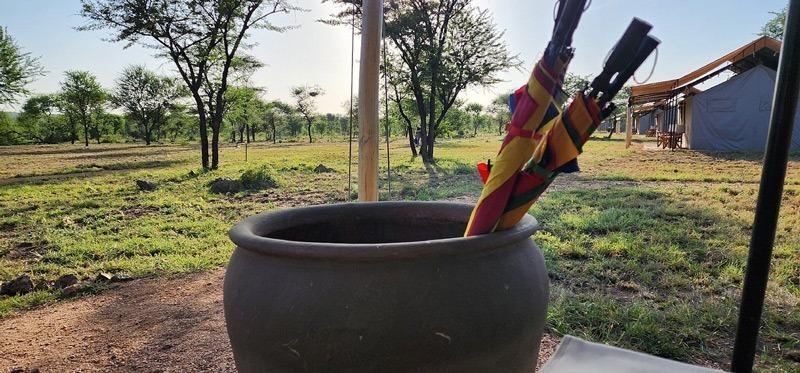Tanzania introduced new drone rules in late 2018, mandating the registration of all drones in the country. To fly a drone in Tanzania, strict adherence to the country’s drone regulations is essential. Here are the regulations you must follow:
Considerations for Drone Use in Tanzania
Drones are strictly prohibited in Tanzania’s national parks for regular tourists. However, permission might be granted upon request and obtaining the necessary permit from authorities.
Reasons for Restrictions:
Cost and Permissions for Park Drone Use:
Authorized Locations for Drone Use:
Closing Thoughts:
Tipping Culture and Practices in Tanzania
Tanzania, not known for its wealth, holds a tradition of tipping safari or mountain crews and other service providers. Tips are commonly expected and greatly appreciated by the staff who work diligently to enhance travelers’ experiences.
Importance of Tipping:

Ensuring Proper Tip Allocation:
Efforts should be made to directly hand tips to intended recipients. While grouping tips in an envelope is acceptable, communication with the crew ensures the intended distribution.
When to Tip:
Tipping typically occurs at the end of safaris, allowing evaluation based on the overall satisfaction with the crew’s services.
Reasons for No Surcharges:
Tipping is tax-free in Tanzania. Adding a surcharge to cover tips would incur a 18% VAT and subject tips to income tax, potentially reducing the value received by the crew or increasing the cost to the client.
Whom to Tip:
Guides, cooks, servers, and other general staff members are common recipients of tips.
Factors Influencing Tips:
Considerations such as tour duration, private or group tours, and crew performance affect tip amounts.
Currency for Tipping:
Foreign currency, especially US dollars, euros, or pounds sterling, is preferred for tipping, as it can easily be converted to Tanzanian shillings.
Tipping Guidelines:
Tanzania Safari:
Kilimanjaro Hike:
Tipping Ceremony on Kilimanjaro:
Donation of Clothing and Equipment:
Consider donating hiking gear directly to the climbing team after the trek. Such donations significantly aid the crew, who might hesitate to spend money on non-essential items.
Tipping Ceremony Details:
On Kilimanjaro, the final day involves a formal tipping ceremony led by the head guide, allowing for expressions of gratitude and the provision of tips to the team.
Remember, while tipping isn’t mandatory, it’s highly recommended due to its significant impact on the crew’s livelihood and motivation.

Signup our newsletter to get update information, news, insight or promotions.

At Serengeti Clarity, we redefine travel, offering an array of enriching experiences that transcend the ordinary. Whether you’re an adventurous soul, a family seeking bonding moments, a wildlife enthusiast, or someone eager to immerse in diverse cultures, our tailored offerings promise to make your journey truly exceptional.
Explore our top-rated safari tours on Safari Booking & SafariGo!
Planning your next trip? Search on KAYAK.
Discover more things to do in Arusha.
All Rights Reserved ©2025 Serengeti Clarity. Design & Development by Inglelandi.com